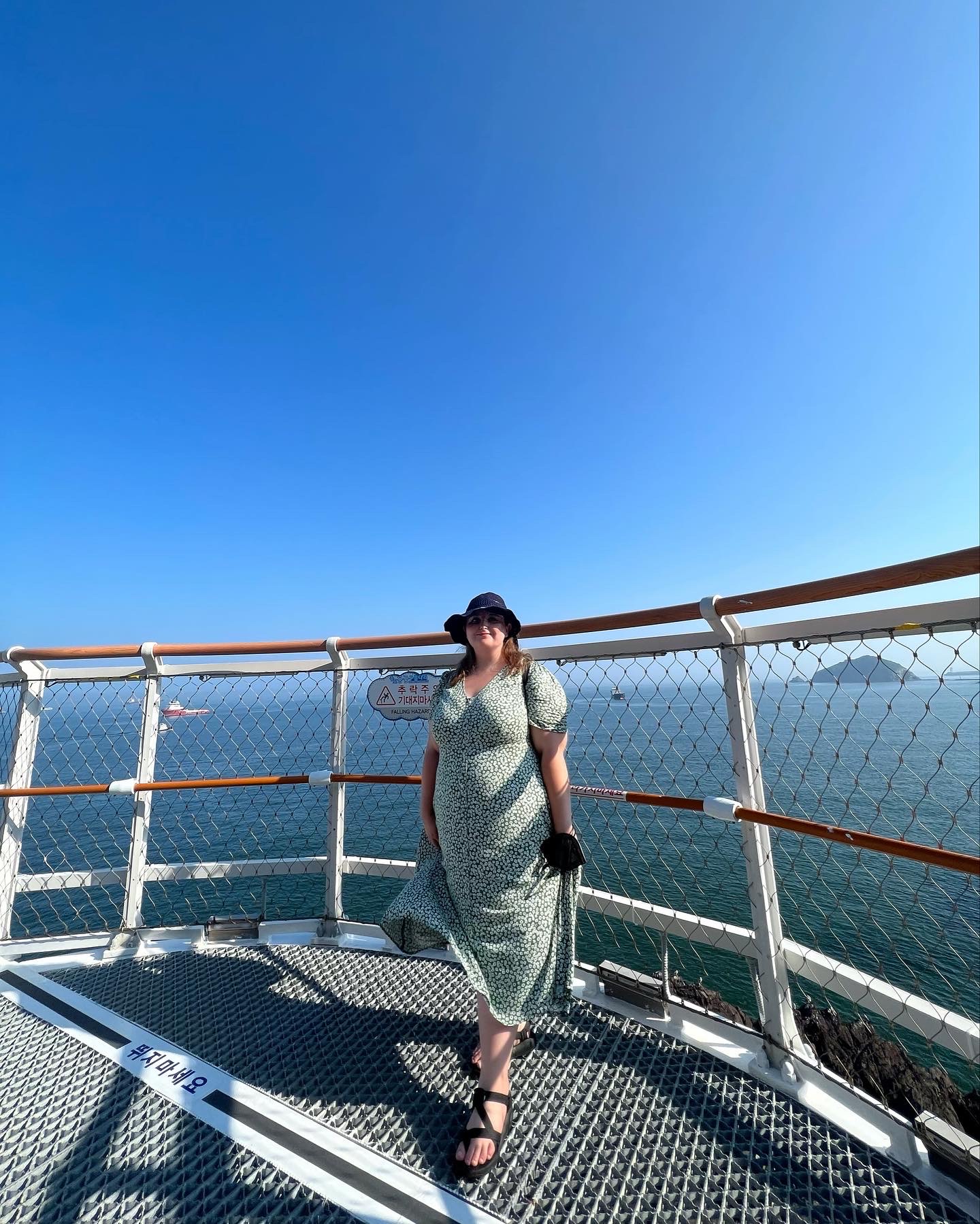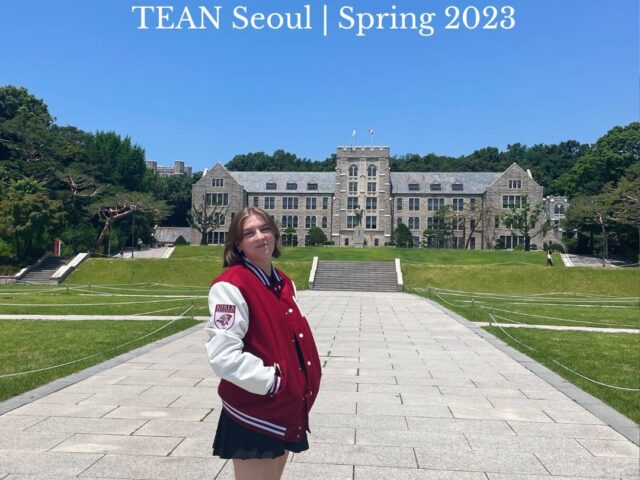Studying abroad had always been a dream for me, especially to Korea. My best friend in middle school is from Korea and I grew up learning about Korean music, food, movies, and more from her. When she moved back to Korea, I was determined to visit her. Upon graduating high school, I made a short trip to visit her. It left me yearning to experience more of Korea through a study abroad experience. However, I was also worried about how my disability would impact my ability to perform well academically in such a different environment. I have a severe anxiety disorder that often leaves me feeling physically ill and I was worried about how this would impact my ability to study abroad.

Once my plans were finalized, the reality set in: I was terrified and excited at the same time. I was finally reaching my dream, but could I do well? Would I be able to maintain my grades? Would I be able to fight the feeling of being sick to truly experience Korea? These thoughts stormed ceaselessly through my mind as I inched closer to my departure date. I was worried that I would get sick in public, fail to perform academically, and more.

Thankfully, the staff at TEAN were empathetic and understanding when I expressed my concerns. From the start, I had a seamless experience as I expressed my concerns with TEAN staff as well as my professors at my host university. To my relief, everyone was rooting for me and did not make me feel guilty for needing occasional accommodations. My biggest advice for other students in a similar position is to communicate your concerns with staff as you approach your study abroad experience. Don’t let these fears keep you from reaching your dream.
Once I was in Korea, there were only a few times where I felt like my disability a barrier. This occurred occasionally in public transportation (specifically the airport) and in large crowds. These are situations that trigger my nerves and make it difficult for me to recover. However, the TEAN staff were patient, and I was able to step aside and take the time I needed to bounce back.

That said, I acknowledge that other disabilities are not as easily accommodated in Korea. For people with physical disabilities, specifically with walking long distances or stairs, getting around will be a challenge but not totally impossible in Korea. There are not always elevators, entrance ramps, or other accommodations in Korea. In fact, there are currently bouts of protests by the disabled community in Korea to address these concerns. However, if Korea is where you want to go then I urge you to reach out to your school or study abroad advisors to see if they have any ideas for how these obstacles can be overcome for you to reach your dream. In my case, TEAN and my home university went above and beyond to help me find a way to make this trip work while accommodating my disability.
Kaylee Raines, Wright State University, is studying abroad in South Korea with TEAN.







